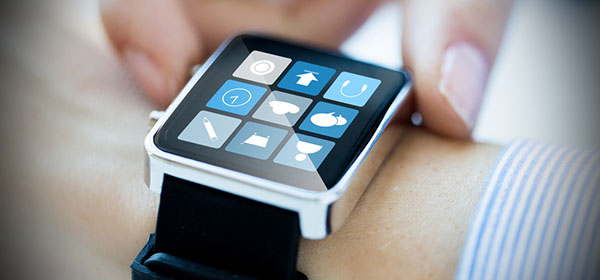In a small café, a group of people gather over a cup of tea.
They can be heard sharing stories about their grandchildren, recent trips away, how getting out of bed gets harder … and comparing wearable digital technology data.
Their meeting was part of a University of Southern Queensland (USQ) research project conducted by Dr Ann Morrison on wearable fitness trackers and older-adult acceptance and use of the technology.
The study involved a small group of adults, each over 50 years, wearing fitness trackers over a three-month period and meeting weekly to share experiences.
Dr Morrison said the aim of the project was to see how technology might assist already active older adults in maintaining or increasing their activity and sociability levels.
“The results gave us an insight into how technology, in this case, a Garmin VivoSmart tracker, assisted older adults to maintain their independence, feel safe in their mobility activities and keep active in their usual social networks or invigorate new ones,” Dr Morrison said.
The group met weekly, compared daily steps and sleeping patterns and discussed their general health. What started as a 12-week research project morphed into a special social network where long after the study had finished, the group continued to meet.
“It changed as the group set their own dynamic. I loved that,” Dr Morrison said.
Dr Morrison said the power of social connection over a shared subject point was a key observation of the research.
“We found social inclusion gives the right and possibility for every person to be a member of a group, community, or society as a whole and proves to be a significant factor for self-esteem and quality of life,” Dr Morrison said.
Margrit Rettke and Rose McGuire were part of the initial study, and still catch up with Dr Morrison each month.
“It was just something I saw in a newsletter and thought it sounded interesting,” Ms Rettke said.
“Personally, I got a lot out of it. I met some nice people and started to be more aware of how many steps I was doing, and there was also a bit of a competition going with Rose.”
Ms McGuire said while the official study had concluded, she still wore her Fitbit and tracked her daily steps and sleep.
“I found the data very interesting,” she said.
“It has been a lot of fun and it made me put in more of an effort. There is always a lot to do but we try to make it a priority. It has become a habit that I hope can maintain forever.”
Do you wear a fitness tracking device? Do you discuss your results and achievements with friends?
Related articles:
Apple’s five big announcements
Are mental health apps the new fix?
Make the most of your Gmail

